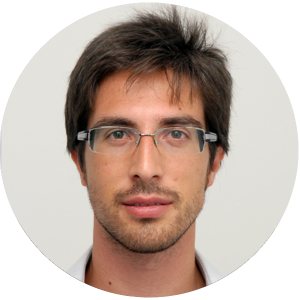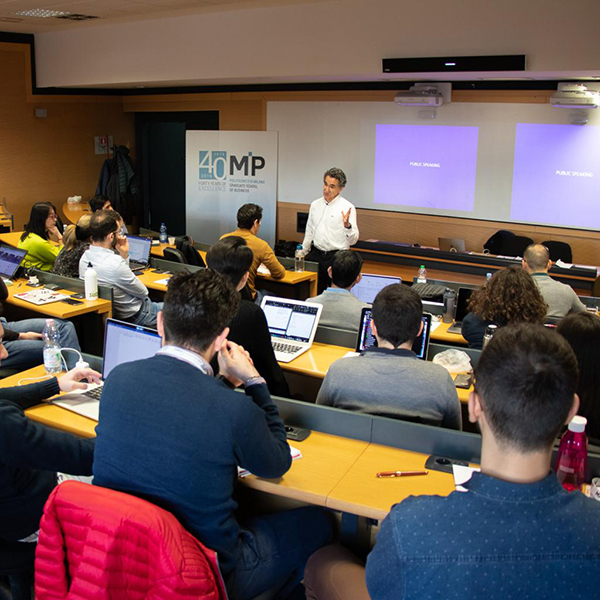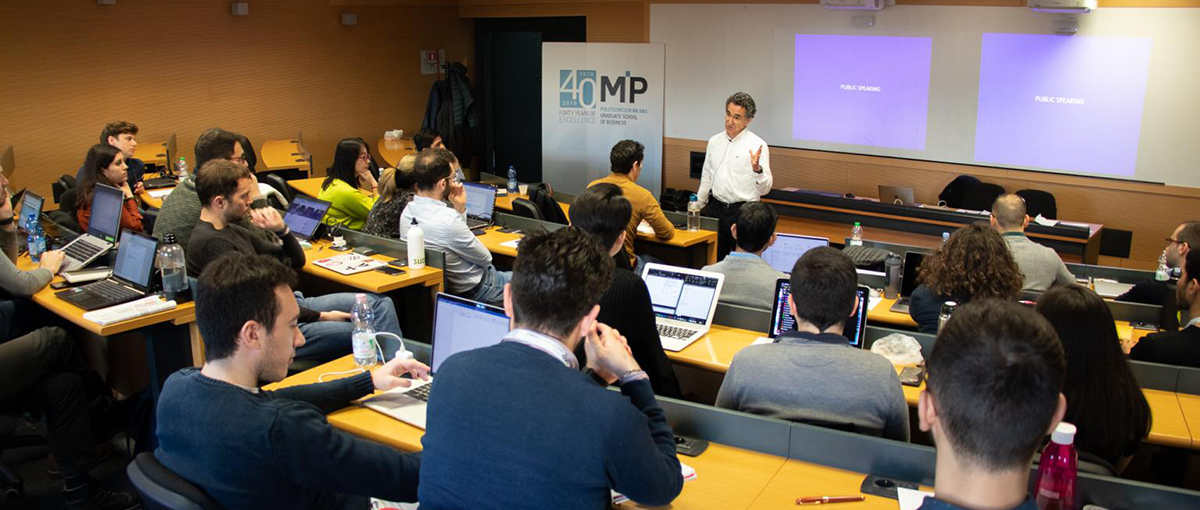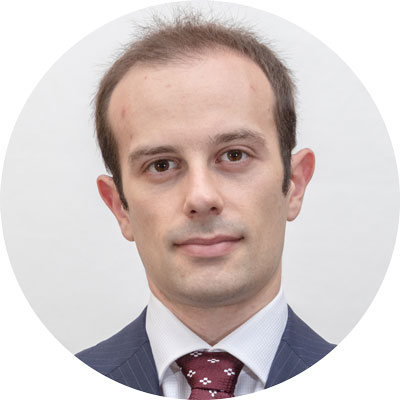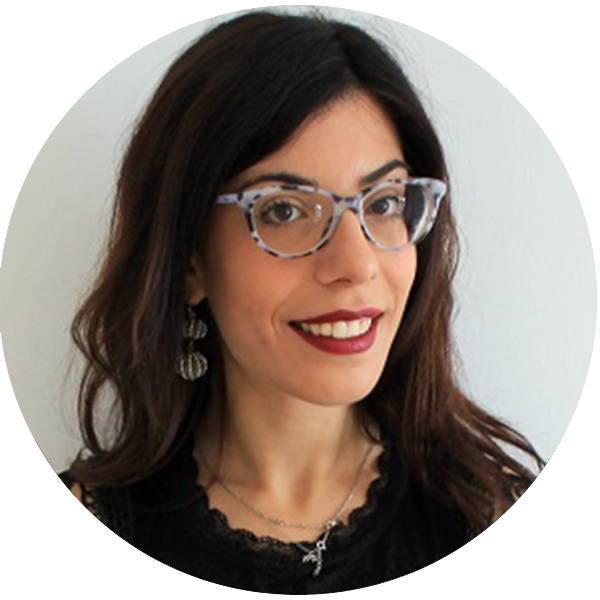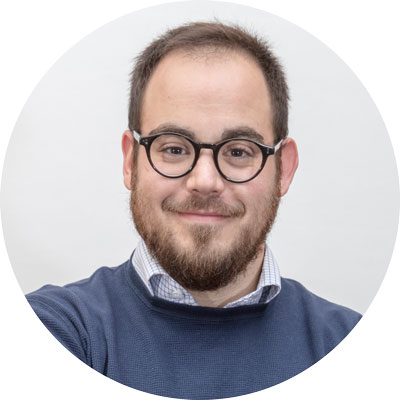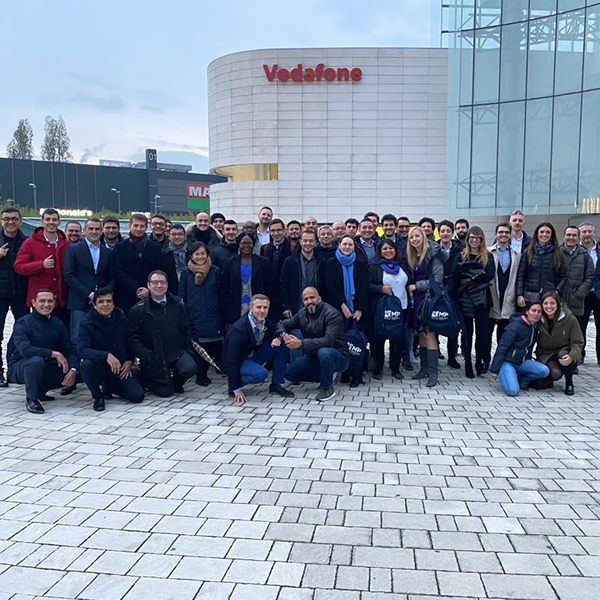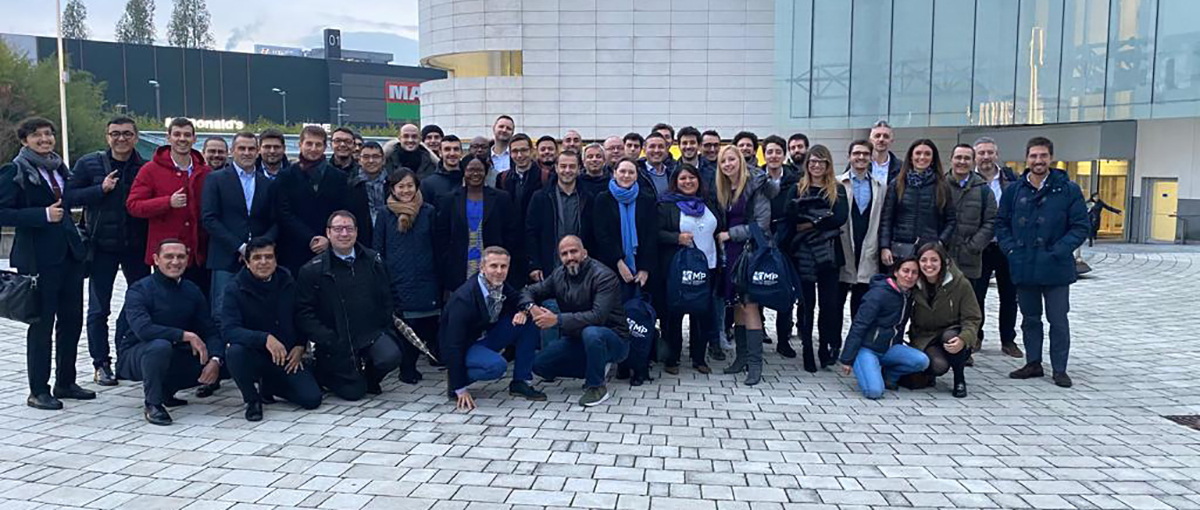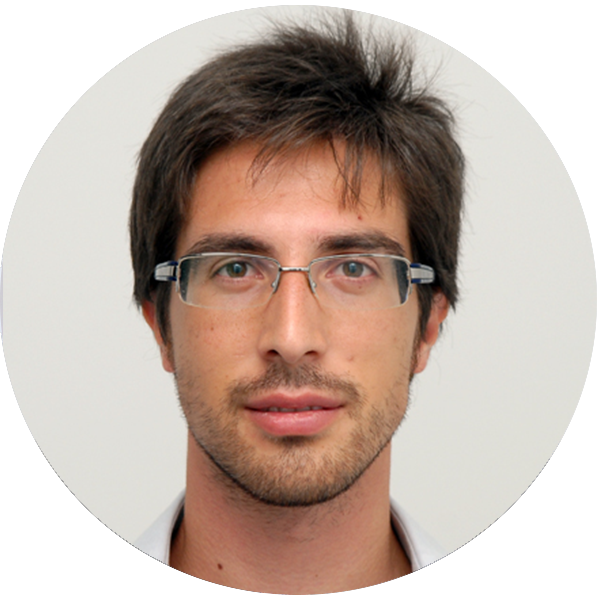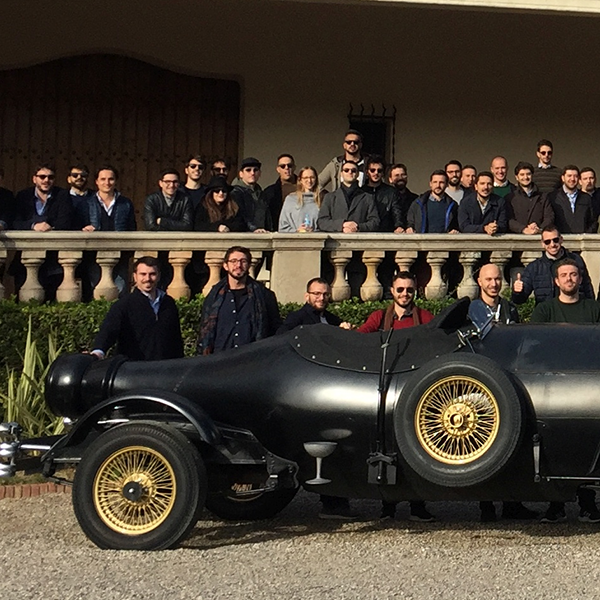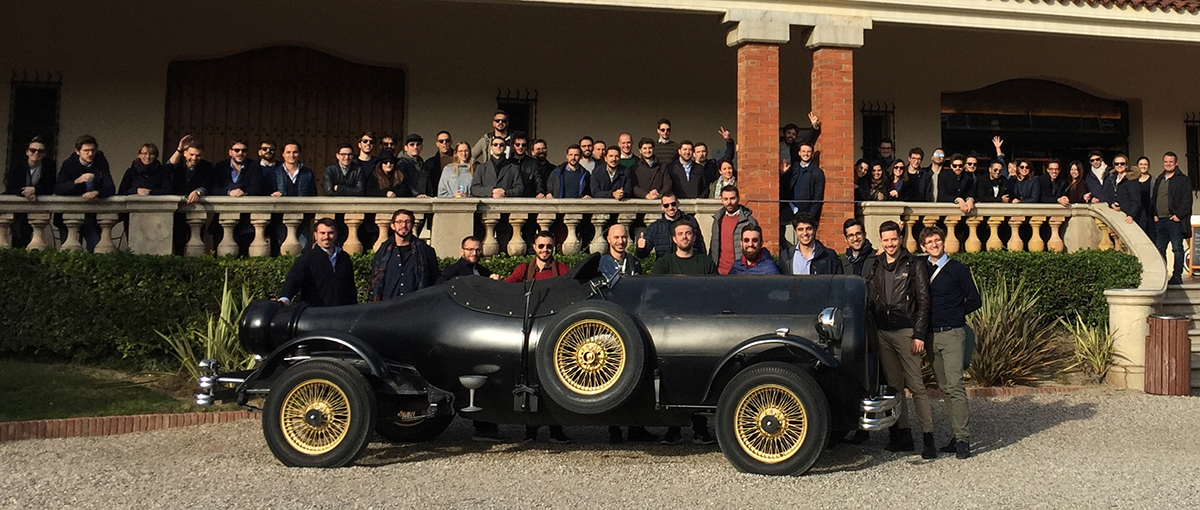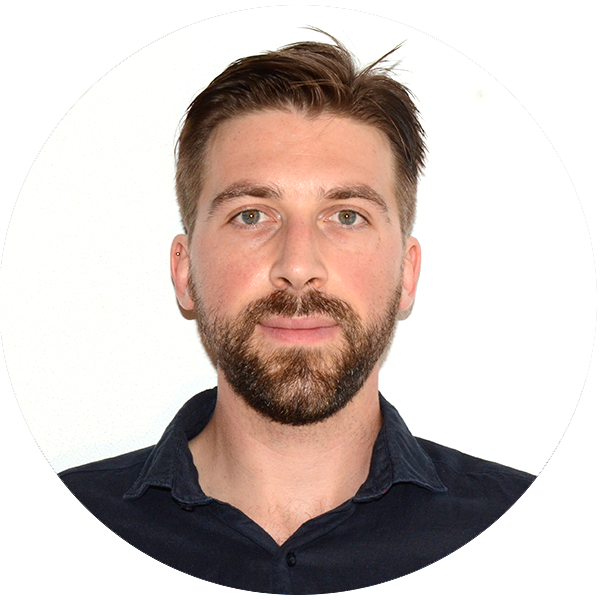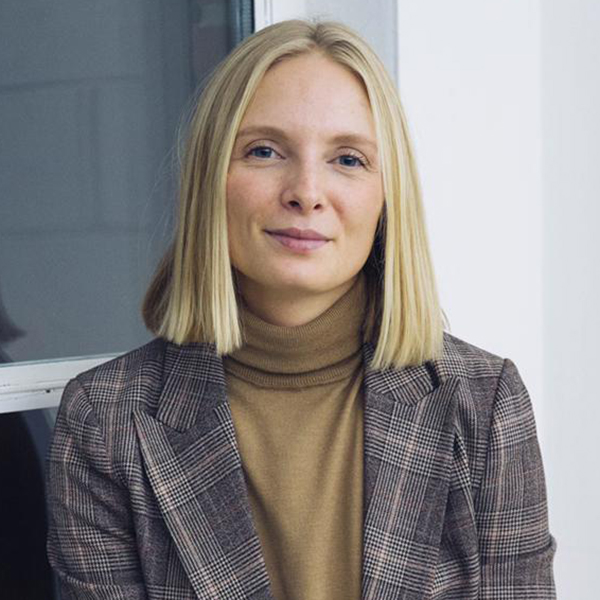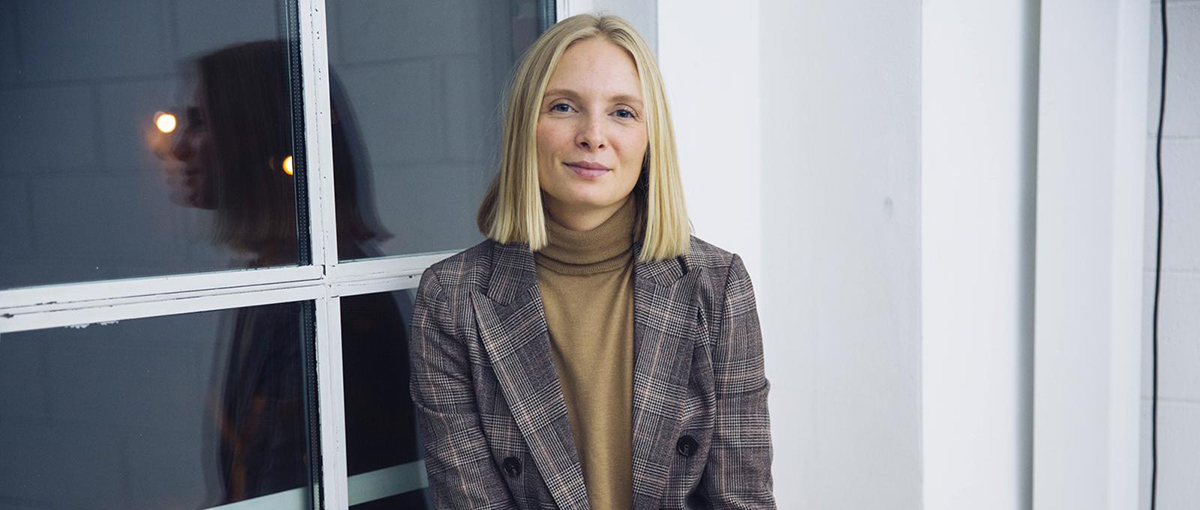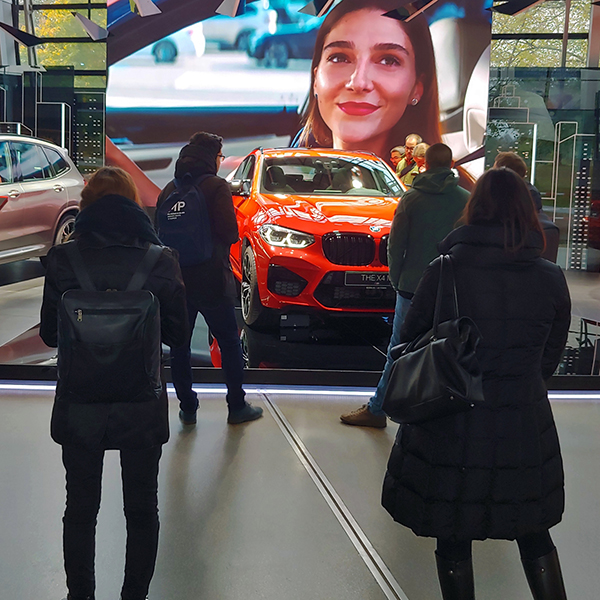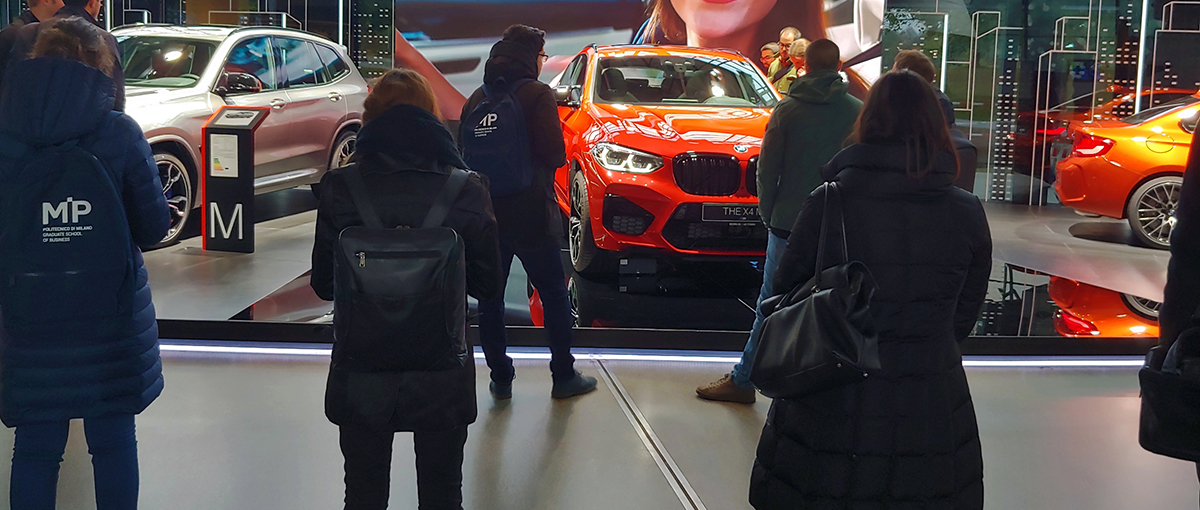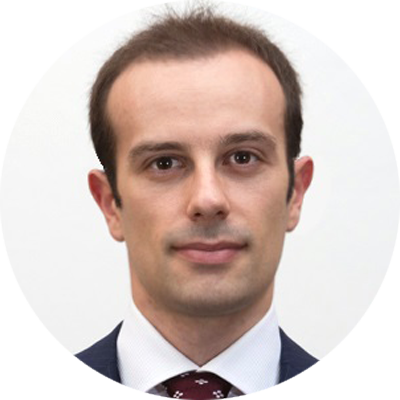The spring of 2020 came with some unexpected news: with the arrival of a pandemic emergency, everything needed to be changed.
All businesses, from manufacturing firms, small retail companies and even single professionals, had to review their way of operating in order to adapt to distance working. Normal life became familiarized, with major and minor difficulties, with the policy restrictions imposed by each government. And, of course, education has also been impacted by the necessity to deal with the impossibility of having face-to-face lessons.
The widespread concept of didactics includes three main components. Essential is the ability to transfer knowledge, including theories, principles, models and best practices. The student needs to understand the “know” of a specific subject, through personal study and direct clarifications. But then with the next step comes the “know-how” to apply the knowledge to cases and problems. It needs practice and exercises to build skills, considering hard skills relating to the subject but also soft skills, more and more important in today’s working environments. And once the topic is clear, you are able to apply, socialize with other students and practitioners, trial real cases and review them with professional and personal experiences where they have been already faced. In other words, create your demonstrable and recognized competences.
When switching from an onsite to a remote approach, considerations go beyond only being enabled to participate in lessons from home. It’s necessary to reformulate the way of explaining, teaching and helping the student to learn. It is surely a process that needs time to reorganize and to prepare the required tools. In this context, the i-Flex program makes its entry. By now, I have been following the i-Flex Executive Master in Business Administration at MIP for several months. The inherent concept of the i-Flex program conceived a learning path which would already be online, hence there has been minimal impact following the restrictions and changes imposed by the critical situation. The teaching combines tools, documents and videos which can be followed remotely in your own time, lessons via video conferencing with professors, series of additional webinars to improve learning and review concepts, forums where you can meet other students and professors in order to refine understandings, and so many other things.
Distance learning comes with additional benefits such as a customized path, extracurricular materials and insights, and a personalized schedule. Considering that “out of crisis comes opportunity”, what better occasion to appreciate what distance learning allows you to achieve?
“The Chinese use two brush strokes to write the word ‘crisis.’ One brush stroke stands for danger; the other for opportunity. In a crisis, be aware of the danger ̶ but recognize the opportunity.”
About the author
|
|
Vito Conversano
Student of the International Flex Executive MBA at MIP Politecnico di Milano. |


